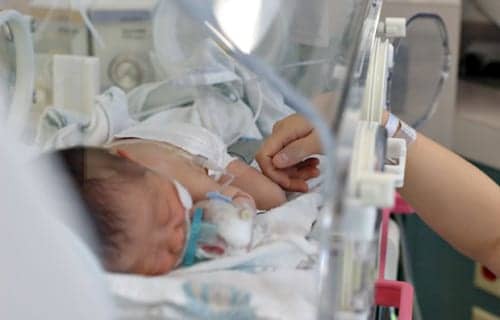The Department of Gynaecology addresses women’s healthcare requirements from adolescence to menopause and beyond. We offer a welcoming environment where ladies can receive medical attention. We use cutting-edge technology to treat all gynaecological problems, and we promote minimally invasive techniques that make use of cutting-edge equipment.
Why choose Green City Hospital for Gynaecology?
Expertise and Experience: Green City Hospital has a team of experienced gynaecologists who are experts in their field. They have years of experience in diagnosing and treating various gynaecological conditions, including menstrual disorders, pelvic pain, ovarian cysts, and uterine fibroids, among others. The hospital’s gynaecologists are trained to use the latest diagnostic tools and treatment techniques to provide the best possible care to their patients.
Comprehensive Services: Green City Hospital offers a wide range of gynaecological services, including preventive care, prenatal care, family planning, and menopause management. The hospital’s gynaecologists work closely with their patients to develop individualized treatment plans that are tailored to their specific needs and medical history.
Patient Care: Green City Hospital is committed to providing high-quality patient care. The hospital’s staff is compassionate and provides a comfortable and supportive environment to patients. The hospital’s gynaecologists take the time to listen to their patients’ concerns and answer their questions, ensuring that they are well-informed about their condition and treatment options.
Success Rates: Green City Hospital has a high success rate in treating gynaecological conditions. The hospital’s gynaecologists are dedicated to providing the best possible care to their patients and work tirelessly to ensure that they achieve the best possible outcomes.





